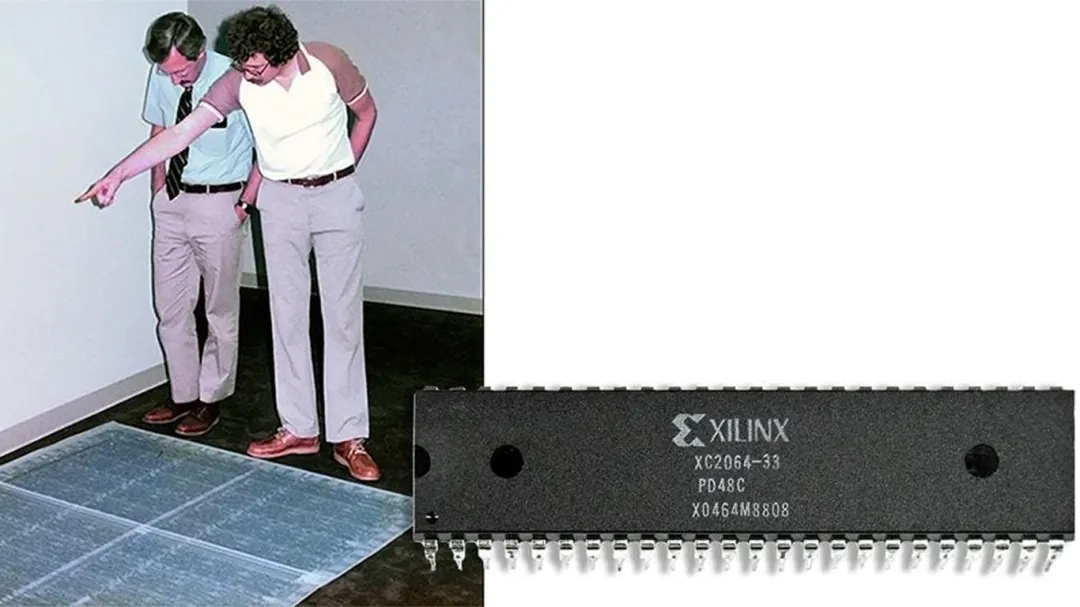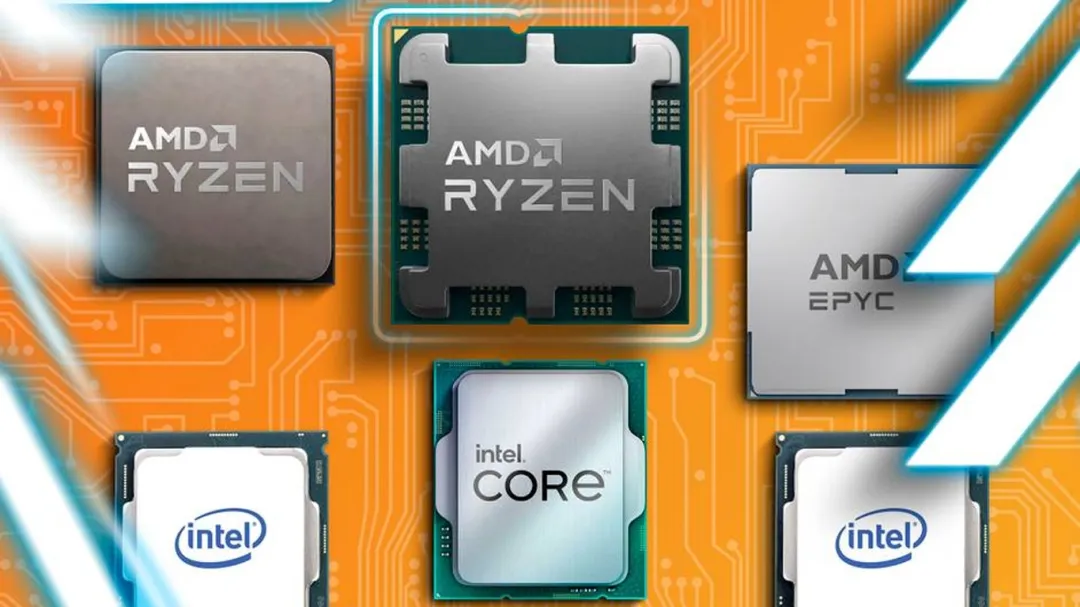FPGAs: Four Decades of Innovation

In Austin, Texas, AMD’s latest developments in field-programmable gate arrays (FPGAs) and adaptive system-on-chips (SoCs) mark a significant milestone nearly forty years after their inception. These versatile components are witnessing unprecedented growth in gate count, processing capability, and input-output functionality, driving innovation in both high-stakes aerospace operations and niche entertainment technologies.
Industry experts highlight AMD’s commitment to advancing FPGA technology as a catalyst for solving complex challenges, ranging from Mars exploration missions that demand robust computation under harsh conditions, to retro gaming enthusiasts who rely on customizable hardware for authentic experiences. The scalability and adaptability of these chips offer tailored solutions that traditional fixed hardware architectures cannot match.
Dr. Elena Morris, a leading researcher in reconfigurable computing, notes, ‘AMD’s continuous refinement of FPGAs demonstrates how these devices remain at the technological frontier, bridging diverse sectors by delivering customizable, high-performance solutions.’ This ongoing evolution underscores the essential role of adaptive chips in addressing the expanding demands of today’s interconnected and data-intensive world.
As technological trends emphasize versatility and power, AMD’s innovations promise to sustain the relevance of FPGAs in emerging markets, including AI acceleration, telecommunications infrastructure, and specialized gaming platforms. This trajectory reflects a broader industry movement toward hardware that can dynamically respond to evolving application requirements, reinforcing AMD’s position as a pioneering force.







